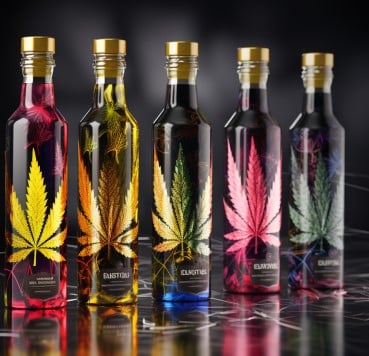Licensed producers aren’t the only ones who have beef with Health Canada over its proposed cannabis packaging regulations.
According to David Clement, North American affairs manager at Washington, D.C.-based lobby group, Consumer Choice Center, Health Canada’s proposed branding restrictions could threaten the choice and safety of consumers by making it more challenging for them to make informed decisions.
‘Marketing is a very important tool for signaling certain things to a consumer,’ he told the Straight by phone on Tuesday (March 20) from his office in Oakville, Ontario.
One concern is that without ample allowances for product description and branding information, consumers who are new to cannabis won’t know how to differentiate between products with regard to strain specifications and other characteristics.
‘It’s an important reason to get it right now: We don’t want consumers entering the cannabis market for the first time and not knowing what they’re doing,’ he said. ‘It’s going to be very difficult for them to know what suits their needs.’
And, like the dozens of scientists, analysts, advocates and industry members who took to social media to make a similar point following yesterday’s announcement, Clement argued that given the dangers of alcohol, the restrictions imposed on cannabis are, by comparison, far too strict.
‘Regulations for branding and marketing should be no more strict than they are for alcohol,’ he said, pointing out the government’s proposed restriction on event sponsorship for companies in the cannabis space.
Clement also said that by standardizing packaging and making designs available to the general public, Health Canada could effectively be making it easier for black market producers to try and create products that appear to be legal.
As Health Canada’s tough approach to packaging is questioned at various levels of the industry, Clement said the move makes sense given the attitude with which the federal government has approached legalization as a whole.
‘Health Canada is still very much stuck in the prohibition mentality,” he said.
“They’ve failed to realize that the biggest reason for legalization is that cannabis should have never been illegal in the first place.”
















